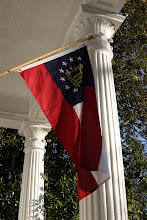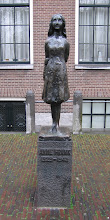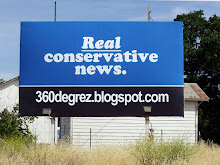 Combining Obama administration and Republican priorities, the leading Senate author of a sweeping rewrite of the nation's financial regulations is looking for consensus with a proposal that neither side of the political spectrum is ready to embrace.
Combining Obama administration and Republican priorities, the leading Senate author of a sweeping rewrite of the nation's financial regulations is looking for consensus with a proposal that neither side of the political spectrum is ready to embrace. As we reported to you early this morning, Sen. Christopher Dodd, the chairman of the Senate Banking Committee, plans to unveil a proposal today that expands the powers of the Federal Reserve but creates a consumer protection entity with less authority than President Barack Obama once demanded.
Dodd's draft legislation aims to avoid a recurrence of the financial crisis that brought Wall Street to the verge of collapse 18 months ago. It would restrict the size and interconnections of large financial institutions once deemed "too big to fail," tame previously unregulated shadow markets with new restrictions and create a dismantling mechanism for failing financial giants without a bail out from taxpayers.
While navigating in the middle of the road, Dodd hasn't won the support of Republicans. And Democrats inside and outside his committee, as well as consumer advocates are eager to change his consumer proposals.
In looking for common ground, Dodd significantly shifted from financial regulations he proposed four months ago, when he called for a single powerful regulator to oversee all of the nation's banks and for a stand-alone consumer financial protections agency.
Instead, as preferred by the Obama administration, the Federal Reserve would gain oversight of all financial firms - banks and nonbanks - that are considered the biggest and most interconnected. For the Fed, the price of such power is losing supervision over smaller bank holding companies with less than $50 billion in assets.
Moreover, to the dismay of liberals and consumer advocates, the Fed would also house a consumer protection entity. That agency would be headed by a presidential appointee and would have an independent source of funds not subject to congressional appropriations. But its power to write regulations would be subject to review by a council of regulators that could veto consumer rules by a two-thirds vote.
In a nod to the White House, however, Dodd is expected to propose that states have enhanced ability to enforce consumer rules. State attorneys general and the Obama administration have called for such authority. Financial regulations approved by the House in December gave states more leeway to write and police their own consumer laws.
Among other likely provisions in Dodd's proposal:
- Institutions that are bank holding companies, such as Goldman Sachs and Morgan Stanley, cannot alter their status to avoid Fed oversight. The measure is being called the "Hotel California provision" because firms can enter Fed supervision but can never leave.
- Unlike the House bill, which imposes new requirements on broker-dealers and investment advisers, Dodd's is expected to adopt a proposal from Sen. Tim Johnson to conduct a study of potential investor protections before writing any regulations.
US Senate Banking Committee; The Wall Strret Journal; National Community Reinvestment Coalition, Bloomberg; AP.































No comments:
Post a Comment